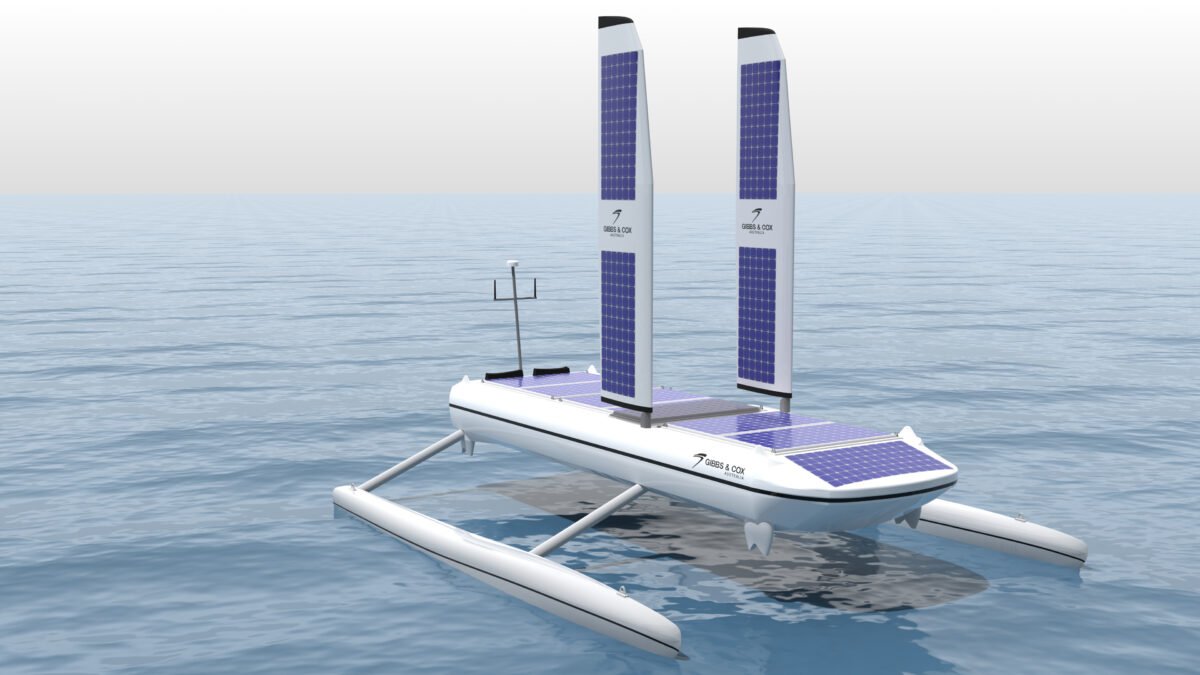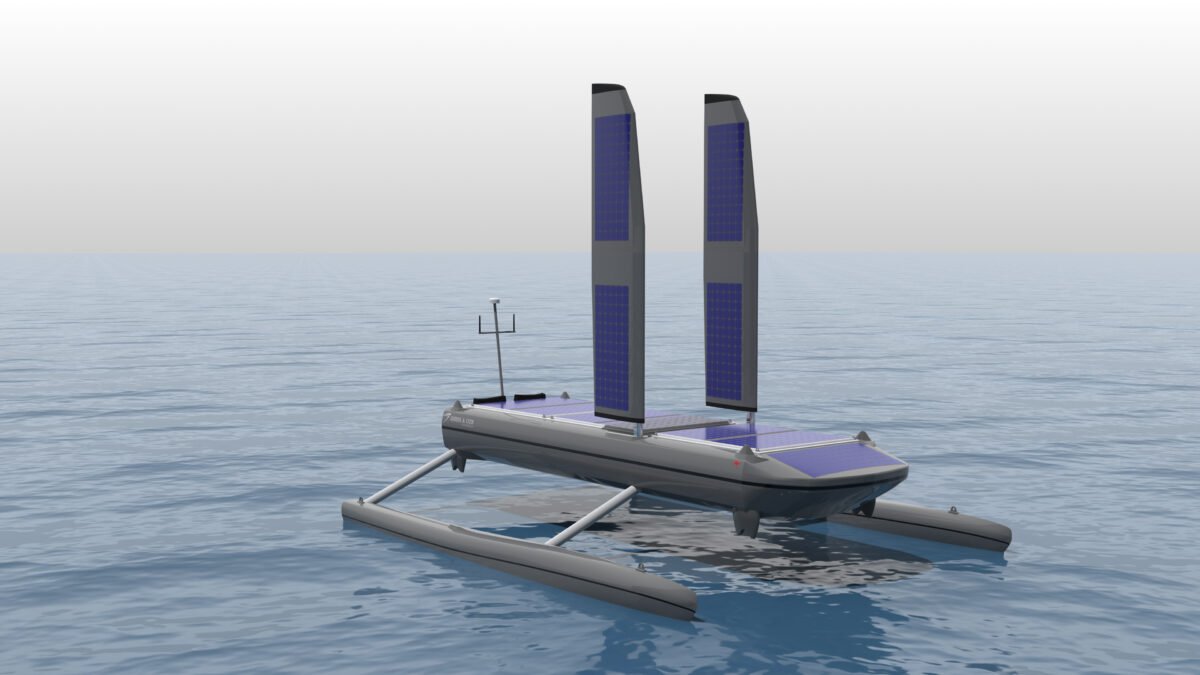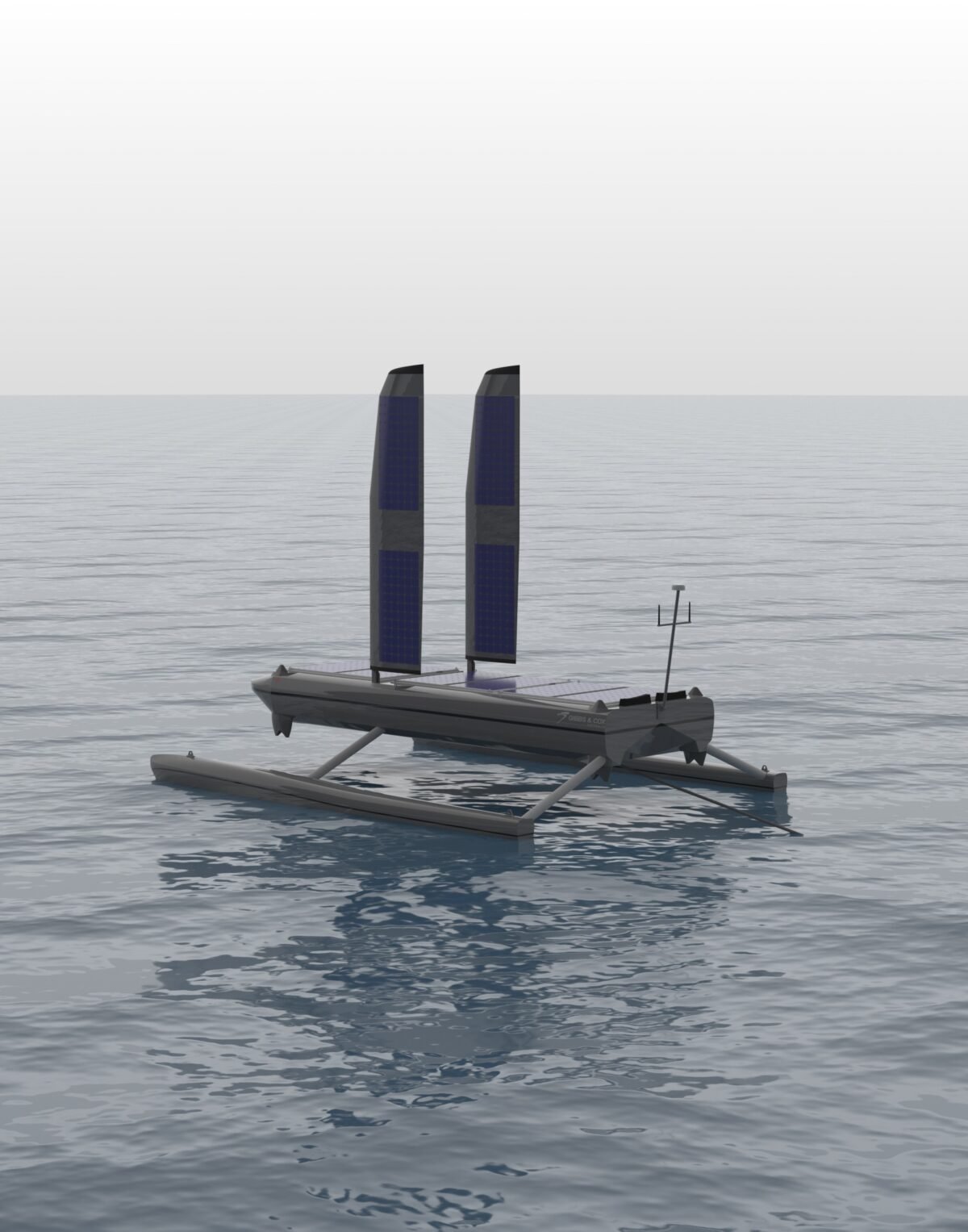Platypus specialises in cooperative autonomous robotics. Historically working with USVs, we design and integrate advanced AI control systems to allow multiple unmanned systems to work intelligently as a team. Our key competency is empowering robotic platforms to carry out interesting missions, that react to the environment and conditions, make intelligent decisions and use AI to achieve operator objectives.
SME Innovation Award
Our Nautilus Autonomy Box was shortlisted for the SME Innovation Award at IndoPacific 2023!
Why are we different?
As ex-academics from the renowned Robotics Institute at Carnegie Melon University, our team has long been pushing the boundaries on artificial intelligence and cooperative autonomy. The 150+ peer reviewed publications by the core team provide a strong theoretical basis for approaches that have been applied to a wide range of defence projects and commercial efforts
-
The autonomy capability starts at the lowest levels, controlling motors to follow paths and avoiding obstacles with local energy aware path planning to get unmanned systems to locations safely and efficiently.
The real intelligence is built on top of these basic capabilities with mission autonomy capable of achieving objectives even in the face of changing conditions, unexpected failures, new input and sensed data. A particular focus is on acquiring knowledge, instead of just data, with the autonomy tasked to find out something in and environment and being given the flexibility to take actions to acquire the knowledge by sensing and fusing partial data and working out future actions based on the data collected to date.
Individual autonomy is applicable for a range of missions, including mapping, reconnaissance and patrols.
-
Platypus’ academic background is in cooperative autonomy, the AI techniques and software to have robots work together without needing human oversight to achieve complex missions in real environments.
The autonomy allows teams of robots to work together flexibly to achieve their objectives. Robots will choose appropriate courses of action, assign roles, plan individual missions and respond to events in the environment. The underlying algorithms are scalable to hundreds of heterogeneous robots. The reasoning is completely distributed, with no centralized node critical to overall success and are robust to degraded communications. The robotic teams can be applied to missions such as wide area patrols or surveillance, sampling missions and working in formations.
-
Platypus treats the human operator as an important part of the team, even if the robot team can act autonomously when the operator is unavailable. The operator interface has sensor and control abstractions that allow them to focus on the team task, without needing to worry about the details.
Introducing the Nautilus Autonomy Box
Our autonomy-in-a-box solution
Platypus have created Nautilus, our autonomy-in-a-box, which packages software and hardware into a weatherproof box that can be put on a robot to immediately make it autonomous and, more importantly, immediately make it capable of working in a team of robots. The Nautilus can be connected to common interfaces and we can customize the individual and team missions for the robots.
As shown in the image below, multiple unmanned systems, using either an Nautilus Box or Nautilus software, work cooperative to achieve an objective, utilizing the core strengths of each systems. Natulius allows all these systems to share tasks, coordinate movement, fuse data and respond to environmental changes.
Our Partnerships
We collaborate with major research institutes to drive innovation, sharing ideas and resources to push the boundaries on artificial intelligence. Some of our partners are listed below:
-
Since its founding in 1970, the Robotics Institute at Carnegie Mellon University (CMU) continues to be the preeminent collaborative hub for the world’s visionaries in robotics.
The core Platypus team are ex-academics from the CMU Robotics Institute, working together for many years before launching Platypus. We maintain a strong working relationship with the Robotics Institute.
-
Platypus has sponsored the Mathematics in Industry Study Group (MISG) program at the Monash University Clayton Campus, working with a team of students to progress real world technical problems we are tackling.
Our team has presented at various AI workshops and continue to work with the Monash team.
-
We have hosted data science students from La Trobe University for an extended work placement and look forward to continue with this over the coming years.
-
Item description
EMAPS with Gibbs & Cox & Leidos
Platypus is under contract with Gibbs & Cox & Leidos to build autonomy capabilities for their new Environmentally-powered Modular Autonomous Platform System (EMAPS). See gibbscox.com.au for more details.







